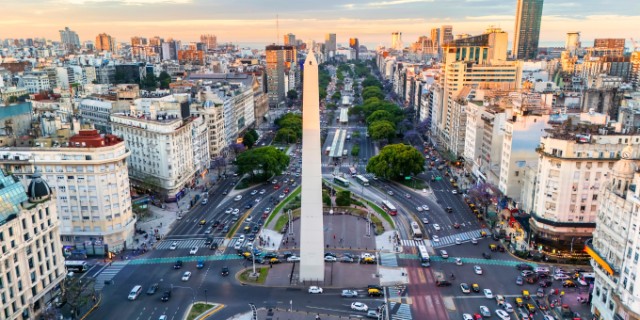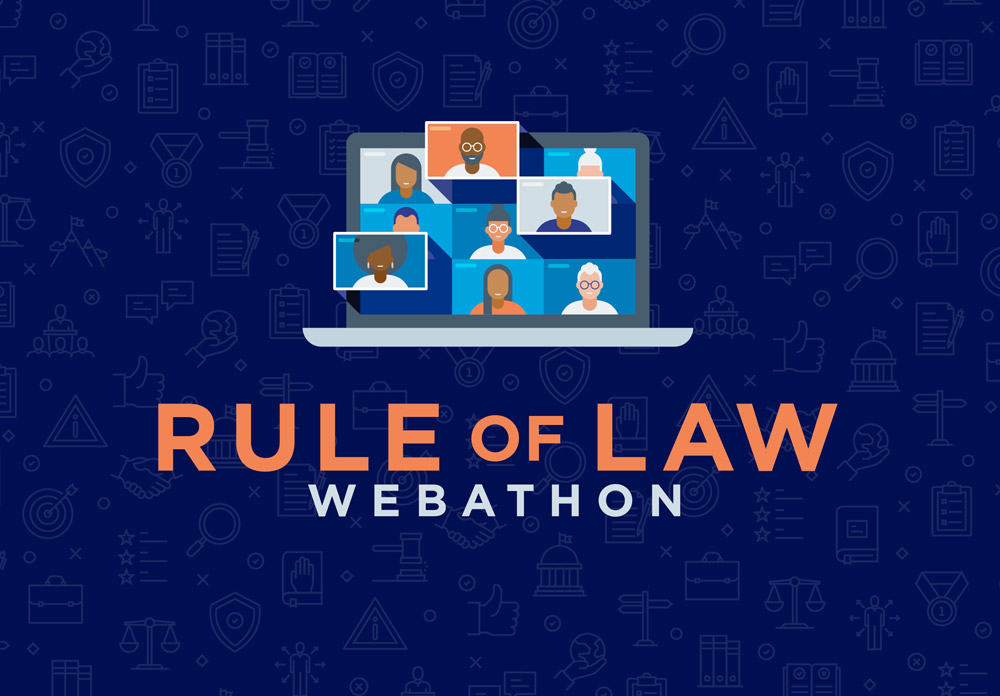Human rights are an important subject for AIJA, and AIJA is committed to actively defending fundamental principles of human rights. AIJA’s human rights efforts are steered through the Human Rights Committee. The Human Rights Committee organises Plenary Sessions at each Annual Congress and at least one Half Year Conference per year at which human rights topics are presented and discussed, thereby raising awareness of such topics among the members of AIJA.
The Human Rights Committee is handling, alone or in co-operation with relevant National Representative(s), the Bureau, the Executive Committee, AIJA’s Commissions, Committees, Networks or Boards, all matters related to AIJA’s involvement in human rights. The Human Rights Committee prepares reports and analyses documents regarding these issues, and may organise events or release statements on behalf of the association in relation to ongoing attacks on the rule of law and/or lawyers, after consultation with the Bureau and other relevant parties such as National Representatives and/or AIJA members affected by any such developments.
AIJA is also represented within the UN, as AIJA has been granted the consultative status by the economic and Social Council of the United Nations, the so-called ECOSOC. This status is based on article 71 of the Charter of the United Nations and on ECOSOC resolution 1996/31. It enables qualifying organisations to make a contribution to the work programs and goals of the United Nations by serving as technical experts, advisors and consultants to governments and secretariats. In specific terms, this entails their participation in ECOSOC and its various subsidiary bodies through attendants at these meetings, and also through oral interventions and written statements on agenda items of those bodies. The ECOSOC is therefore the first avenue by which non-governmental organisations can take a role in formal UN deliberations.
Discover more about the Basic Principles on the Role of Lawyers.
Discover more about SOS Avocats.






